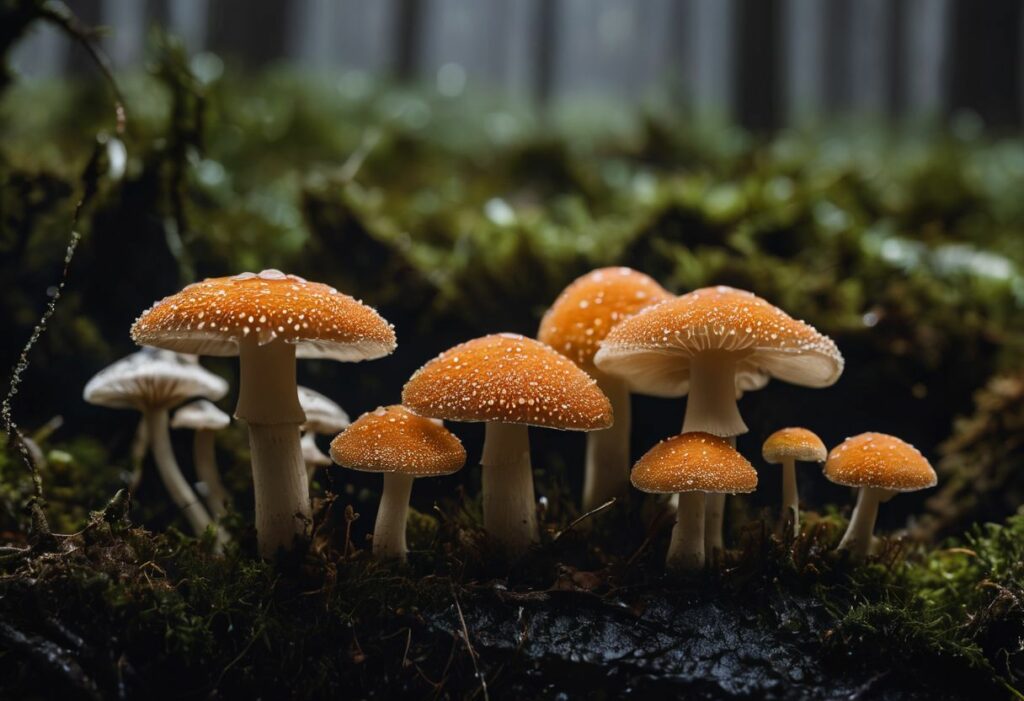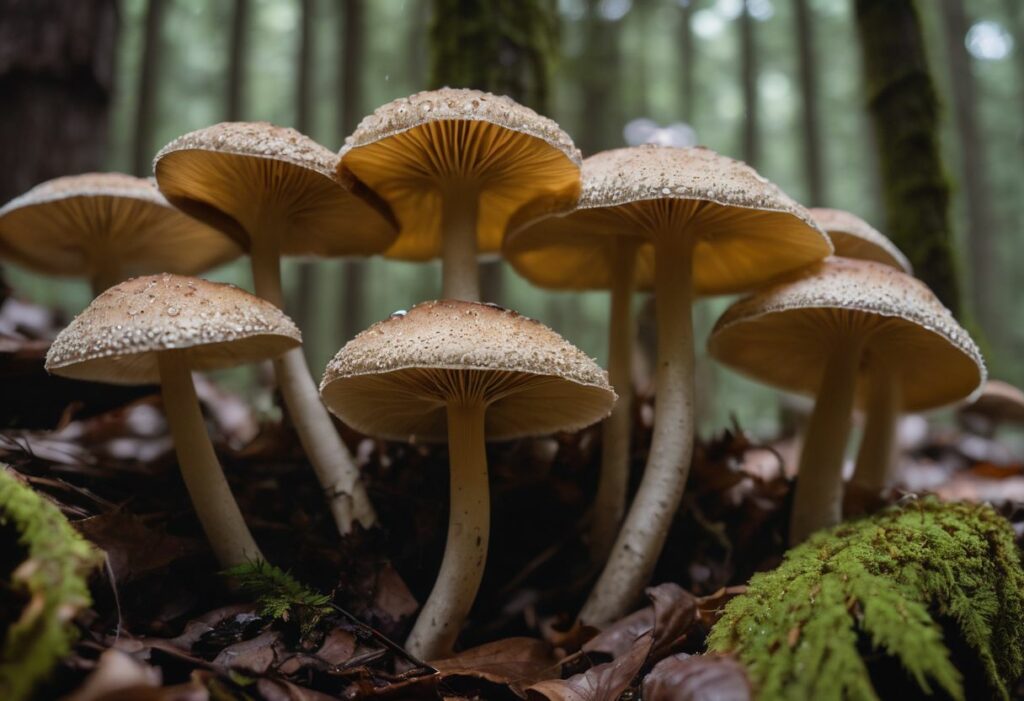Introduction
Magic mushrooms, also known as psilocybin mushrooms, have captivated humans for centuries with their psychedelic effects and potential therapeutic properties. In recent years, there has been a resurgence of interest in these fascinating fungi, as researchers and enthusiasts alike explore their potential to heal the mind and expand consciousness. Embark on a journey to unravel the mysteries of magic mushrooms and explore their cultural, spiritual, and therapeutic significance.
The History of Magic Mushrooms

The reverence for magic mushrooms transcends time and borders, with indigenous communities preserving their sacred traditions of mushroom use through generations. These cultures view magic mushrooms as gifts from the Earth, offering profound insights, healing, and connection to the divine. Today, as interest in psychedelic therapy grows, there is a renewed appreciation for the wisdom of these ancient practices. Modern research validates the therapeutic potential of magic mushrooms, shedding light on their ability to alleviate mental suffering and promote well-being. By honoring the cultural heritage of magic mushrooms and integrating scientific inquiry, we can unlock their full potential to heal and transform individuals and society alike.
The Science Behind Psilocybin
Psilocybin, the psychoactive compound found in magic mushrooms, interacts with serotonin receptors in the brain, leading to alterations in perception, mood, and consciousness. Recent studies have shown that psilocybin may have therapeutic potential for treating a range of mental health conditions, including depression, anxiety, PTSD, and addiction. Research also suggests that psilocybin may promote neuroplasticity and enhance creativity and problem-solving abilities.
Also Read: The Science Behind Safe Magic Mushrooms: How Do They Work?
Exploring the Effects of Psilocybin
These experiences often lead to a greater sense of empathy, compassion, and openness to new perspectives, which can have lasting positive effects on mental health and well-being. However, it’s essential to approach magic mushroom use with caution and respect, as psilocybin can also induce challenging experiences, such as anxiety, confusion, and paranoia, particularly at higher doses or in unfamiliar settings.
Research into the therapeutic potential of psilocybin-assisted therapy has shown promising results in treating various mental health conditions, including depression, anxiety, PTSD, and addiction. Clinical trials have demonstrated the efficacy of psilocybin in facilitating profound psychological breakthroughs and long-term improvements in mood and outlook on life.
Despite the therapeutic benefits, magic mushrooms are not without risks. Psilocybin can exacerbate underlying mental health issues in susceptible individuals and may lead to adverse reactions or negative experiences if used irresponsibly. Therefore, it’s crucial to approach magic mushroom use with caution, respect, and mindfulness, ensuring a safe and supportive environment for exploration and healing.
The Therapeutic Potential of Psilocybin
These studies indicate that psilocybin therapy may offer a unique approach to addressing treatment-resistant mental health conditions by targeting underlying psychological and emotional root causes. Psilocybin’s ability to induce mystical or spiritual experiences has been linked to its therapeutic effects, fostering a sense of interconnectedness, acceptance, and transcendence that can lead to profound healing and transformation.
Furthermore, ongoing research suggests that psilocybin may have neuroprotective and neuroregenerative properties, potentially enhancing brain plasticity and promoting neural repair and growth. These findings have sparked growing interest in exploring the broader therapeutic applications of psilocybin beyond mental health, including its potential role in enhancing creativity, promoting spiritual well-being, and facilitating personal development.
However, it’s essential to emphasize that psilocybin therapy should only be administered under the guidance of trained professionals in a controlled therapeutic setting. Self-medication with magic mushrooms can pose significant risks and may lead to adverse effects or psychological distress. Therefore, researchers and clinicians need to conduct further research and clinical trials in order to gain a better understanding of the long-term effects, safety profile, and optimal protocols for psilocybin-assisted therapy.
Safety Considerations and Legal Status
While using psilocybin responsibly and under the guidance of experienced individuals is generally considered safe, its use carries risks, including potential psychological distress, adverse reactions, and legal implications. In many parts of the world, including the United States, psilocybin mushrooms are classified as Schedule I substances, meaning they are illegal to possess, cultivate, or distribute outside of approved research settings.
Conclusion
As our understanding of psilocybin and magic mushrooms continues to evolve, so too does our appreciation for their potential to heal and transform. While there are still many mysteries surrounding these enigmatic fungi, the growing body of research suggests that they hold great promise as tools for psychological exploration, spiritual awakening, and therapeutic healing. By approaching psilocybin with respect, reverence, and a commitment to safety, we can unlock its profound potential and embark on a journey of self-discovery and transformation.

